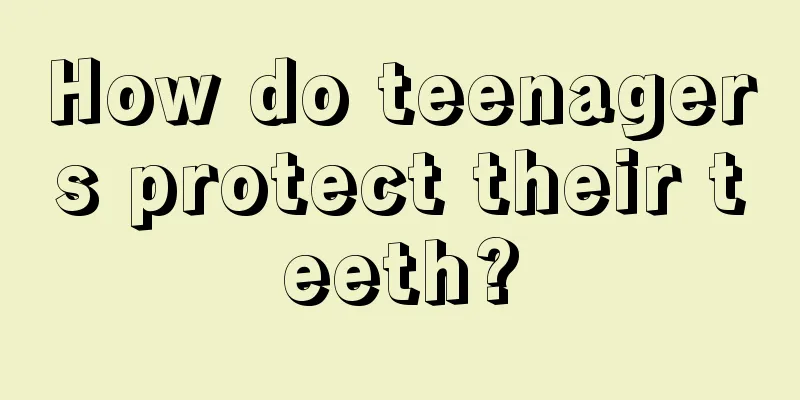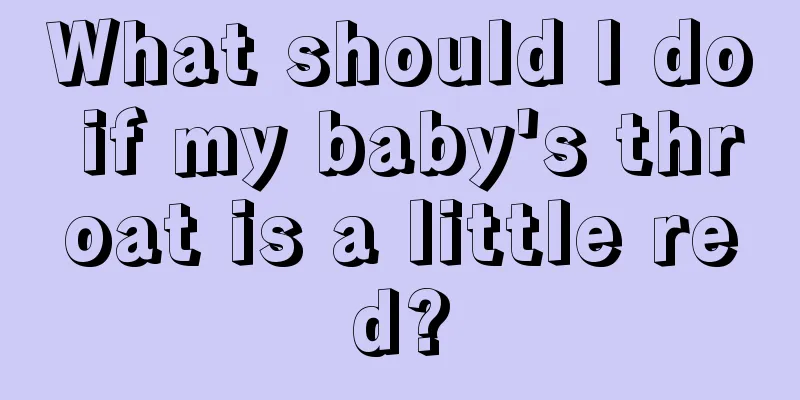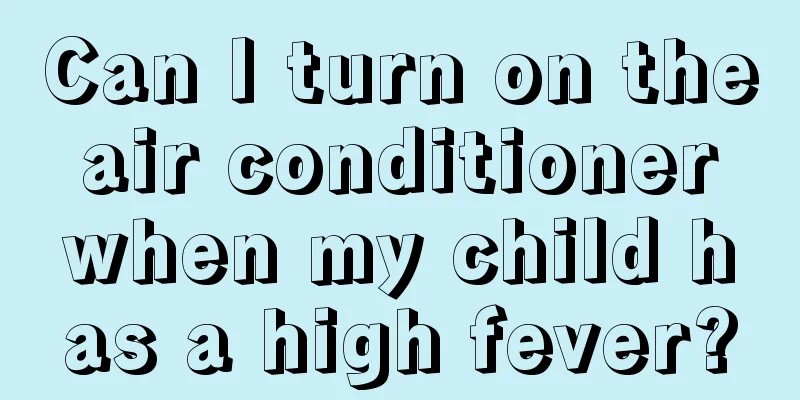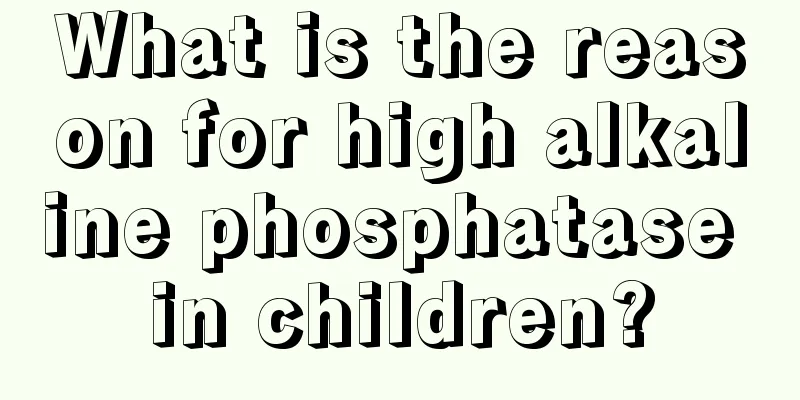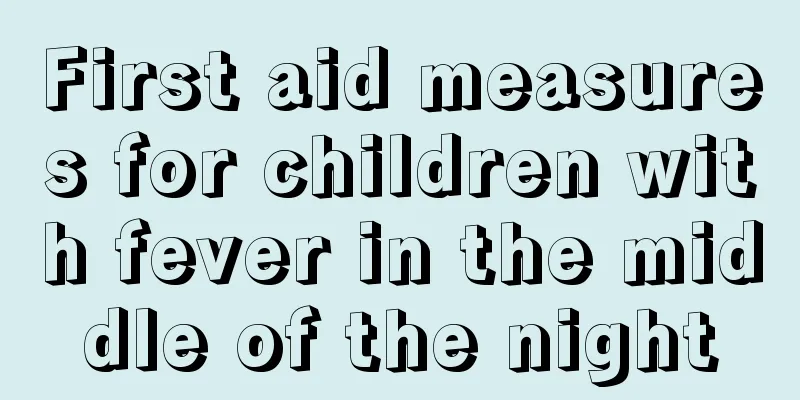What to do if your baby has a sore throat

|
There are many children in our daily life who are patients with tonsillitis. This is because children are more active and their body temperatures are usually higher. They may be more likely to catch a cold and have a fever due to wind and sun exposure. Once they get angry or inflamed, their throat will become inflamed. Children with inflamed throats have other factors besides imperfect immune function. Why are tonsils prone to inflammation? The baby's immune function is not yet perfect, and the immune system usually matures around the age of 12. Tonsils are the gateway to the respiratory tract, and bacteria and viruses from the mouth and nose are the first to invade them. The pathogens of tonsillitis are hidden deep and easily form lesions. The treatment effect is not direct, and the lesions often cannot be completely eliminated, leaving hidden dangers. Tonsils are a place where dirt and filth accumulate, and they are prone to repeated infections once lesions form. When the body's resistance is reduced, catching a cold, being tired, etc., may cause tonsillitis. Frequent attacks may cause systemic diseases such as rheumatic fever, acute nephritis, myocarditis, arthritis, etc., with more serious consequences. What are the dangers of long-term tonsil hypertrophy? Damage to the ears: Enlarged tonsils may cause obstruction of the pharyngeal opening of the Eustachian tube, leading to otitis media, hearing loss, tinnitus, and stuffy ears. Damage to the nose: Enlarged tonsils are often complicated by rhinitis, sinusitis, nasal congestion, runny nose, mouth breathing, drooling, occlusive nasal voice when speaking, snoring during sleep, etc. Trachea damage: It can easily cause tracheitis and bronchitis, so patients may experience throat discomfort, voice changes, coughing, spitting, and asthma. "Blocked" airway: Enlarged tonsils lead to pharyngeal narrowing, long-term mouth breathing, snoring during sleep, lack of oxygen, affecting the development of children's facial bones, mental depression, poor concentration, irritability and other systemic problems. Nursing advice for acute tonsillitis It is recommended to get adequate rest, strengthen nutrition, clear bowel movements, and try to eat light and easily digestible food. For topical use, sprays, mouthwashes, and lozenges. If you have a fever, drink plenty of water. Treatment recommendations for chronic tonsillitis Since tonsils have immune functions, conservative treatment is generally adopted at present, and surgical treatment is only used for tonsillitis that has become irreversible. Surgical treatment can be performed at any time of the year, but it is recommended to choose a comfortable season that is neither too cold nor too hot for easy care. Generally, babies over 3 years old are suitable for surgery. |
<<: What to do if your child has a sore throat and phlegm
>>: What medicine should I use for blisters at the corners of my child's mouth?
Recommend
Causes of high white blood cell count in infants
For many babies, their bodies are not fully devel...
What to do if your 1-year-old child has diarrhea
Pediatric diarrhea is a common pediatric disease ...
What are the methods to reduce fever in children with colds?
Viral colds can cause serious harm to your childr...
Can children with intellectual disability be cured?
The healthy development of children depends not o...
What to do if your child is allergic to cold air and coughs
If a child has an allergic cough due to cold air,...
How many hours of sleep does a one year old baby need?
If the baby does not get enough rest, it may affe...
Newborn baby's mouth keeps moving when sleeping
When a newborn baby is sleeping, his mouth keeps ...
What are the dietary taboos for ADHD?
I believe many mothers are familiar with children...
What is normal vision for children? Experts introduce authoritative answers
When a baby is just born, his vision is usually r...
How tall is a three year old child?
We all know that as babies grow day by day, they ...
What is the first aid method for pediatric burns?
We all know that babies lack self-control. If the...
What should I do if my baby is zinc deficient for more than three months?
Zinc is one of the essential trace elements in th...
Milk quantity for one year and 3 months old baby
For babies aged one year and three months, the am...
What causes children to sweat easily?
What is the reason why children sweat easily? Man...
What should I do if my child's bottom is red?
If your baby often has a red butt, it is because ...
